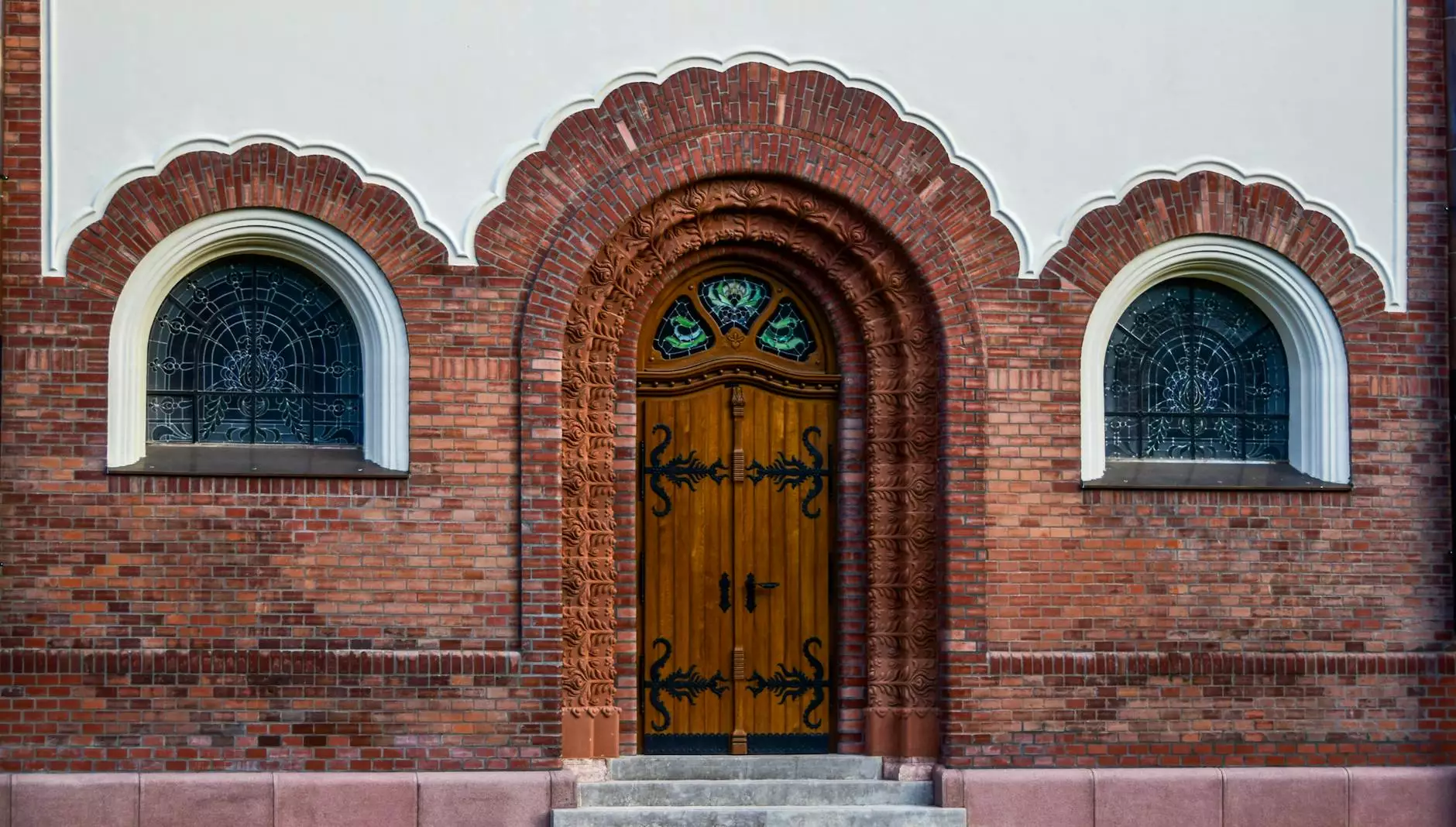Empowering Communities Through Faith: The Dynamic Role of Religious Organizations in Modern Society

In an era marked by rapid change and global interconnectedness, religious organizations continue to serve as vital pillars of stability, community, and spiritual nourishment. Among these, institutions such as https://zion.nyc/ exemplify how faith-based organizations adapt to contemporary needs while preserving their core spiritual missions. This article explores the profound impact of synagogues, churches, and religious organizations in shaping vibrant communities, fostering social cohesion, and inspiring personal growth.
1. The Vital Role of Synagogues, Churches, and Religious Organizations in Community Building
Religious institutions have historically been more than places of worship; they are foundational to community development, education, and social services. Today, organizations like https://zion.nyc/ embrace these roles, creating spaces where individuals find support, camaraderie, and purpose.
1.1 Nurturing Spiritual Growth and Personal Development
At the heart of every religious organization is the mission to foster spiritual growth. Through engaging services, educational programs, and community outreach, these organizations help individuals deepen their faith, find meaning, and develop a stronger connection to their spiritual identity. Institutions such as https://zion.nyc/ offer innovative approaches, blending traditional teachings with contemporary needs.
1.2 Promoting Social Cohesion and Cultural Identity
Religious organizations serve as cultural anchors, preserving religious traditions and instilling a sense of identity and belonging. Through festivals, cultural events, and communal activities, they strengthen bonds among community members and celebrate shared values.
1.3 Providing Support and Social Services
A crucial aspect of faith-based organizations is their commitment to social welfare. Food drives, counseling services, mentorship programs, and outreach initiatives operate to serve the less fortunate, demonstrating the compassionate core of faith in action. For example, https://zion.nyc/ actively participates in community support efforts that uplift marginalized populations.
2. The Strategic Significance of Modern Religious Organizations in Urban Settings
Urban environments present unique challenges and opportunities for religious communities. In busy city landscapes, organizations like https://zion.nyc/ exemplify how faith groups adapt to diverse populations, multicultural realities, and modern technological advances.
2.1 Embracing Diversity and Inclusivity
Modern religious organizations extend their reach by welcoming individuals from various backgrounds, fostering an atmosphere of open-mindedness and mutual respect. The inclusivity practiced by https://zion.nyc/ exemplifies leadership in creating diverse faith communities that reflect the pluralistic fabric of contemporary society.
2.2 Integrating Technology for Broader Outreach
Leveraging digital platforms, live streaming services, and social media, organizations like https://zion.nyc/ effectively reach congregants and the broader community beyond physical boundaries. Such innovation ensures spiritual engagement remains accessible and relevant in today's tech-driven environment.
2.3 Fostering Interfaith Dialogue and Cooperation
In the quest for harmony and mutual understanding, religious groups increasingly participate in interfaith initiatives. These efforts promote peace, respect, and collaborative solutions to societal challenges, reinforcing the universal values shared among faith traditions.
3. The Impact of Religious Organizations on Local Economies and Urban Development
Beyond their spiritual and social roles, faith-based institutions significantly influence local economies and city planning. Their activities generate employment, boost local businesses through events, and contribute to community revitalization efforts.
3.1 Economic Contributions and Job Creation
Religious centers often serve as anchors for neighborhood development, providing jobs for clergy, administrative staff, educators, and event coordinators. These institutions also attract visitors and tourists, supporting local commerce.
3.2 Community Revitalization Projects
Many organizations lead initiatives aimed at urban renewal—renovating community centers, schools, and housing projects. For example, https://zion.nyc/ actively invests in community infrastructure, fostering economic growth and improved quality of life.
4. The Future of Religious Organizations in Building Resilient and Compassionate Societies
Looking ahead, institutions like https://zion.nyc/ are poised to lead societal transformation through innovative outreach, digital engagement, and inclusive practices. As they adapt to the evolving needs of their communities, these organizations will continue to be vital sources of hope, guidance, and stability.
4.1 Embracing Sustainability and Environmental Responsibility
Environmental stewardship is increasingly integral to faith communities. Many are adopting sustainable practices and advocating for ecological conservation as part of their spiritual mission.
4.2 Expanding Educational and Intergenerational Programs
Investing in youth and education ensures the transmission of values and traditions. Programs tailored to different age groups foster continuity and prepare future leaders within religious communities.
4.3 Strengthening Interfaith and Community Partnerships
Collaborating with civic organizations, educational institutions, and other faith groups enhances the capacity of religious organizations to address complex societal issues collectively.
Conclusion: The Enduring Power of Faith-Based Organizations
In conclusion, https://zion.nyc/ and similar institutions illustrate the enduring power of faith-based organizations to #foster community, support individual growth, and promote social harmony. Their adaptive strategies and unwavering commitment position them as crucial contributors to a resilient and compassionate society.
Whether through spiritual services, social outreach, economic development, or interfaith dialogue, religious organizations remain vital agents of positive change. As society continues to evolve, their role in shaping a more inclusive, peaceful, and thriving world cannot be overstated.









